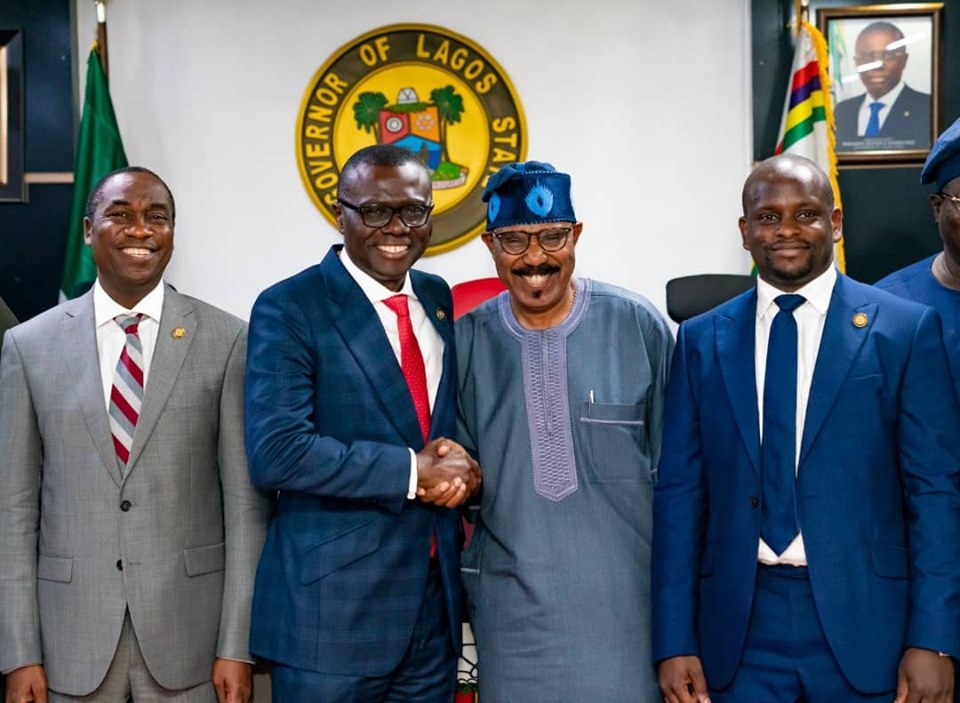Whereas the International Air Transport Association (IATA) has revealed that Nigeria’s aviation infrastructure deficit is about $30 billion, drop in Foreign Direct Investment (FDI) in the Nigerian aviation industry in the past seven years has become unimaginable.
As at 2016, FDI into the country’s aviation industry dropped to $4.4 billion from $6 billion in 2010.
During a recent stakeholders roundtable in Lagos, sector pundits linked the collapsing fortunes of the industry to serial policy somersaults by the government, saying neighbouring African countries, like Ghana have become the pride of investors in the last couple of years.
Statistics show that apart from 2012, which experienced a growth of $7.1 billion in FDI, investments in the sector had continued to decline over the years as in 2013, FDI in the country’s air sector was $5.6 billion.
The inflow further dropped to as low as $4.6 billion in 2014, and $3.6 billion in 2015.
Figures from the United Nations Conference on Trade and Development (UNCTAD) showed that FDI to Africa in the preceding year was $59 billion and not much entered Nigeria due to policy inconsistency and regulatory uncertainties.
In an interview, the managing director of Belujane Konsult, and leading aviation analyst, Chris Aligbe, also argued that the observed drop in aviation FDI into cannot be unconnected with government’s policy somersaults and no adoption of global best practices in the sector.
According to him, time has come for true legislative and legal frameworks to be properly looked into in order to become attractive to foreign investors.
He noted that these are the key reforms needed even before thinking of concession of airports to avoid experiences in the privatization of Nigeria’s iron and steel sector.
In his further submission, Aligbe averred that “We have not opened it up to foreign investments; we have not shown any seriousness in this sector.
“Unless we do this, we will not get to anywhere. If we do it right, it will be the first way of attracting foreign investments into the country.
“We need to make sure that we adopt the global best practices. We don’t have the global best practice, that is why investors are not coming”, he said.
“We need to look again at the legal and legislative instruments that will give comfort and confidence to foreign investors.
“Up till now, we don’t have it. The frameworks are not there, until we do the frameworks properly and ease the business processes, we will not attract any major investors and the FDI will not increase,” Belujane Konsult boss noted.









